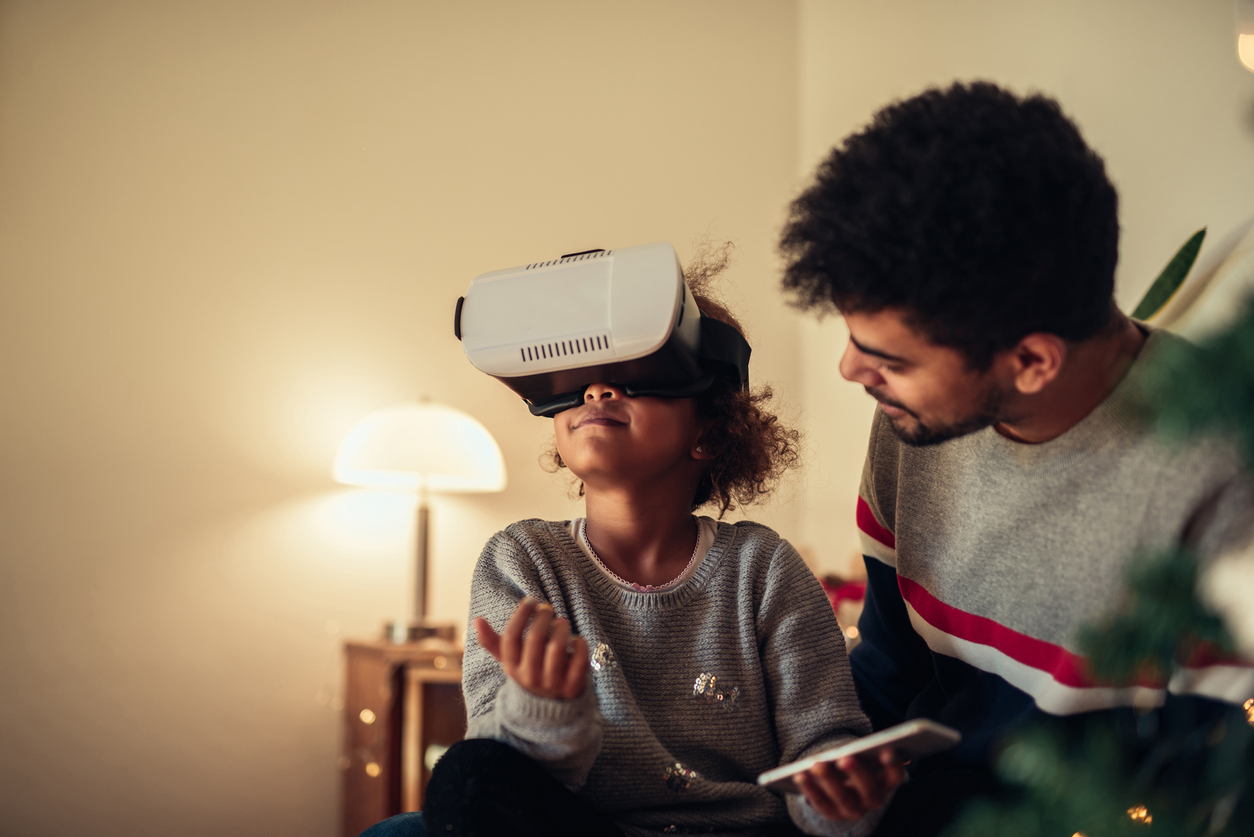As virtual reality (VR) technology continues to improve the lives of the elderly and those in palliative care, researchers studying the positive impacts it can have on young people have found that the technology is overwhelmingly beneficial for children in the social care system.
A year-long trial that saw virtual reality programs implemented across multiple local authorities and social care organisations in the UK has shown that immersive VR experiences used in social care training enabled frontline staff to gain a better understanding of the trauma and neglect children in care have experienced.
This, in turn, led to improvements in the communication between children and their carers.
Conducted by social enterprise The Cornerstone Partnership, the trial consisted of a 12 episode virtual reality library that allowed carers and social care professionals to experience the traumatic events children in care may have been through, such as neglect, domestic abuse and other major family issues.
“We’ve spent 18 months developing and perfecting the application of VR in order to shift understanding and alter engrained behaviours across a raft of settings in children’s social care,” said Helen Costa, Cornerstone CEO. “The outcomes for children who are in or have been in care are significantly worse than their peers across all key areas; education, health, career, rough-sleeping and mental health.”









